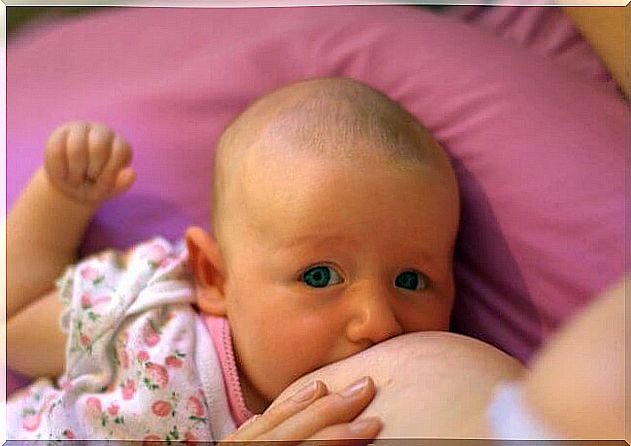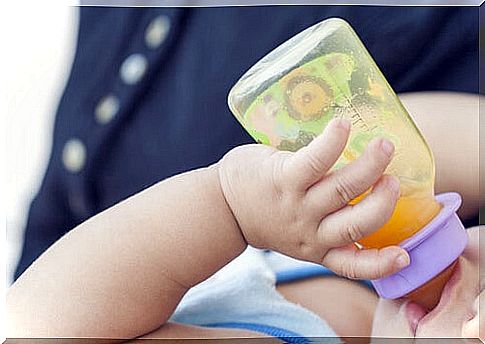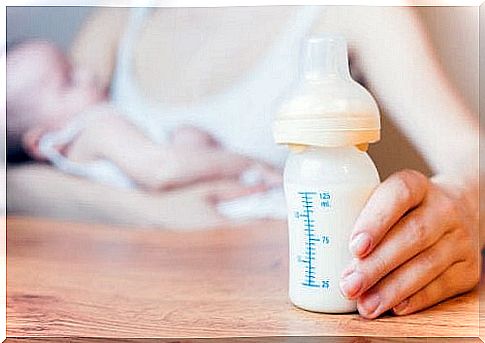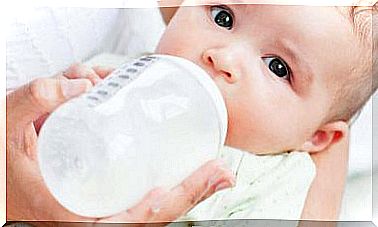The Importance Of Iron In Baby’s Diet

Iron in the baby’s diet is very important because it can prevent diseases such as anemia, one of the most common in children’s growth. This mineral cannot be lacking in the diet of little ones, especially when they are between 0 and 12 months of age.
According to the US Institute of Medicine, it is advisable for a child to receive 11 mg of iron a day when they are between 6 months and 1 year of age. When she is 12 to 36 months old, the recommendation is to provide 7 mg per day. To start adding iron to your baby’s diet, let’s look at some foods that can work really well:
food with iron
From the moment the baby starts complementary feeding, it should be rich in iron. Therefore, it is important to include in the baby’s diet foods that contain this mineral and help them to assimilate it. Here are some recommendations:
- It is advisable to avoid milks with low iron content, such as cow’s milk, goat’s milk or soy milk.
- It is advisable to reduce the consumption of foods that contain iron absorption inhibitors or antinutrients such as fiber, calcium, oxalates, phytates and phosphates.
- It is important to introduce foods such as pureed meat and fish from 6 months of age onwards.
- The baby should consume foods that contain vitamin C, which increases iron absorption.

- The daily intake of milk should be 500 ml / day.
- It is good for the baby to eat vegetables such as peas, spinach, broccoli, cauliflower and beets.
Consequences of a lack of iron in the baby’s diet
Lack of iron in your baby’s diet can have many consequences, anemia being the most common. But, in addition to this disease, the child can develop other health problems:
- Hypoferremia : deficit of iron stores in the body.
- Ferropenic anemia : with involvement of hematopoiesis; the most prevalent.
- Damage to the central nervous system during the development of the cognitive and psychomotor system.
- Affects memory and learning functions.
How to secure the iron supply
The prevention of lack of iron in the baby’s diet should start at 4 or 6 months of age, introducing foods rich in this mineral and that favor its absorption. The World Health Organization (WHO) recommends ensuring the mineral’s contribution to children’s diets through food fortification, supplementation and diet diversification.
The absorption of iron is more effective when it is ingested at the time of the digestion process with ascorbic acid or citric acid.
Vitamin C, found in oranges and some other fruits, improves the absorption of this mineral in your baby’s diet. Some experts say that both some infusions like cow’s milk can inhibit iron absorption.
Breast milk is an excellent and highly absorbable way to deliver this mineral to your baby. After breastfeeding, a follow-on formula can help provide the extra iron your child needs. Remember that a fortified continuation formula can help complement a balanced diet.

Don’t forget to consume iron during pregnancy.
Eating iron during pregnancy is also essential. Your body will need this mineral to keep your immune system healthy and for the following reasons we’ll show you below:
- The amount of blood that circulates in the body increases during pregnancy, so you will need iron to make more hemoglobin.
- You need more iron to nourish placental growth.
- Iron deficiency anemia is related to premature births and low birth weight babies.
We must be aware that the baby is getting the amount of iron he or she needs for proper development and growth. Food is very important and the lack of any essential minerals can cause health problems. In the face of any concerns about any food, it is essential that you consult your pediatrician.








